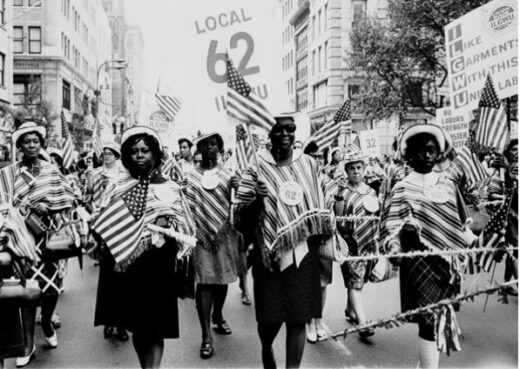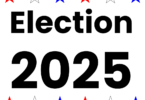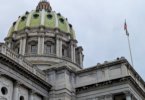For many of us, Labor Day marks the traditional end to summer, much as Memorial Day marks its beginning.
More importantly, as the U.S. Labor Department points out, “Labor Day—the first Monday in September—celebrates the contributions workers have made to the strength, prosperity, and well-being of America.”
It all began on Sept. 5, 1882, when the first Labor Day celebration was organized and executed by New York’s Central Labor Union, an umbrella group made up of representatives from many local unions.
“Some 10,000 workers assembled in New York City,” according to the Labor Department. “After marching from City Hall, past reviewing stands in Union Square, and then uptown to 42nd Street, the workers and their families gathered in Wendel’s Elm Park for a picnic, concert, and speeches.”
In 1887, Oregon became the first state of the United States to make Labor Day an official public holiday, and it became an official federal holiday in 1894.
“Labor Day is about more than picnics and parades. We celebrate this day to reflect on America’s labor movement — the men and women who have helped build this country and our middle class. Because they’ve spoken up together and demanded fairness, we can all enjoy things like the 40-hour workweek, overtime pay, minimum wage, safer workplaces, health insurance, Social Security, Medicare, and retirement plans,” former Secretary of Labor Tom Perez said in 2016. “For generations, hardworking Americans have been raising their voices, together.”









